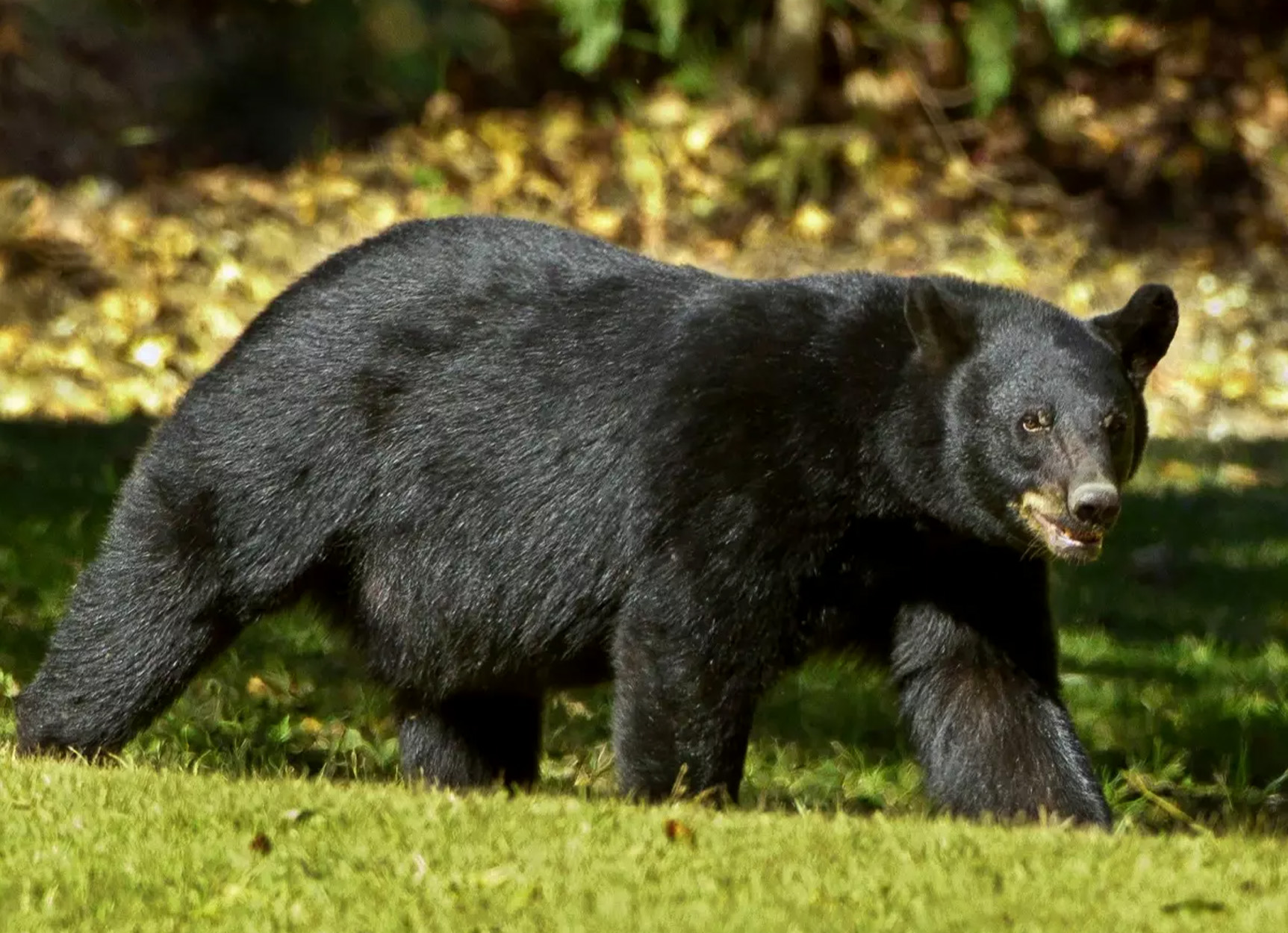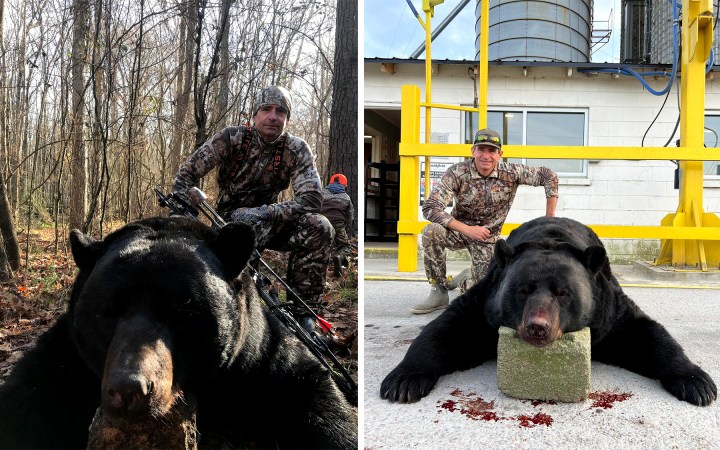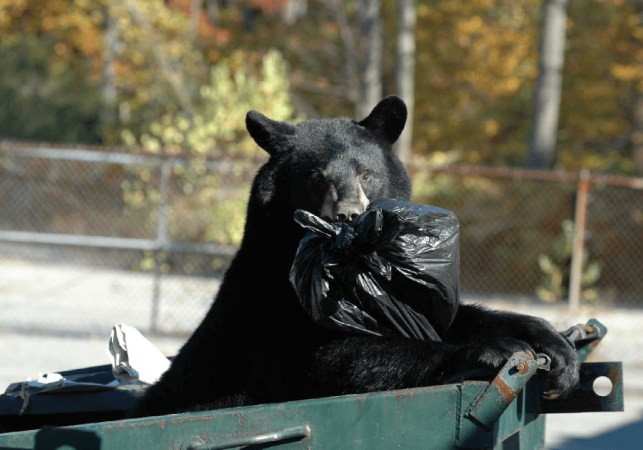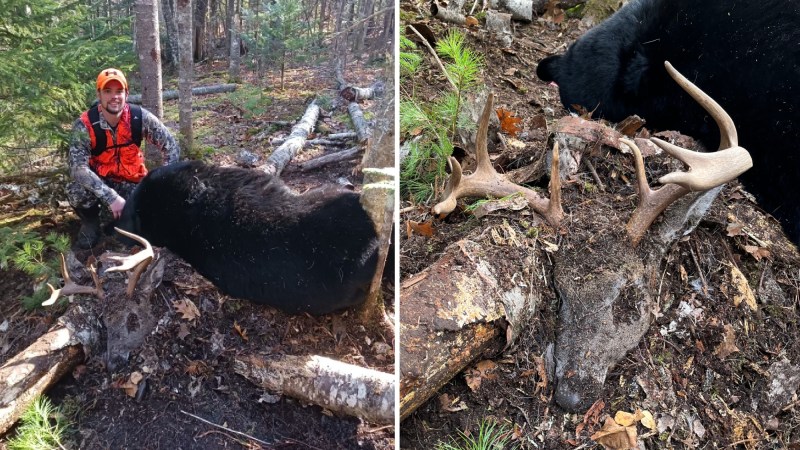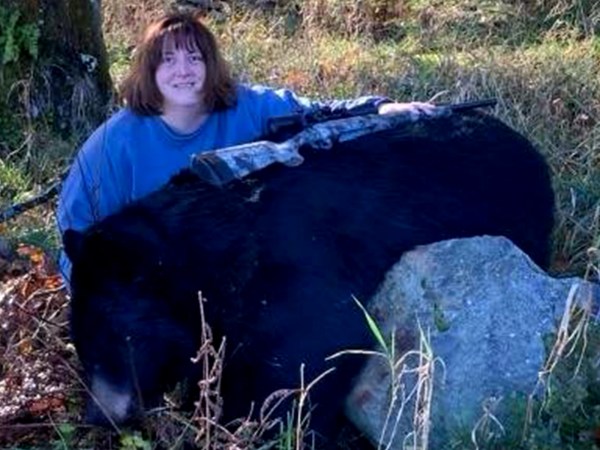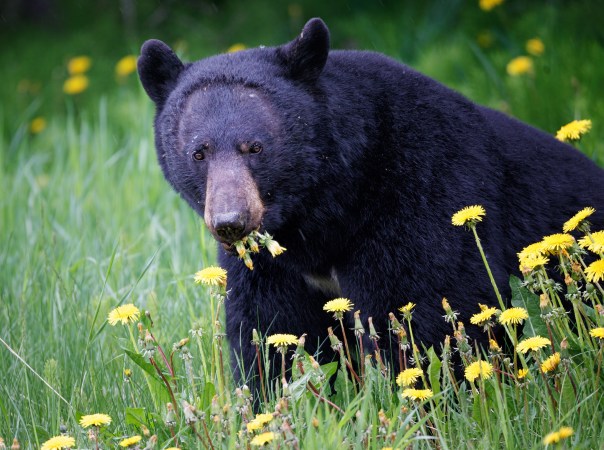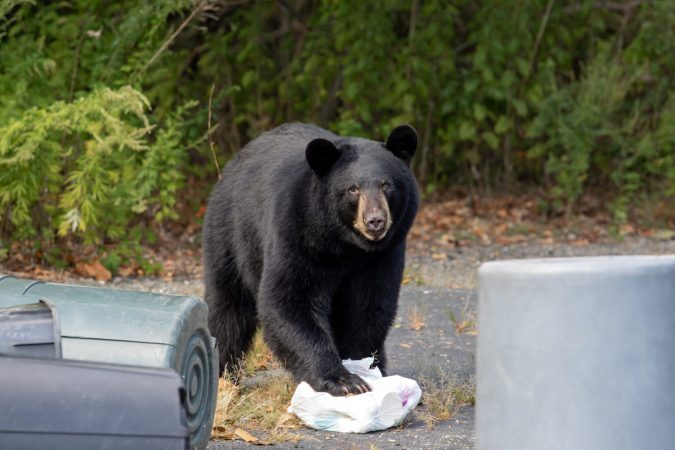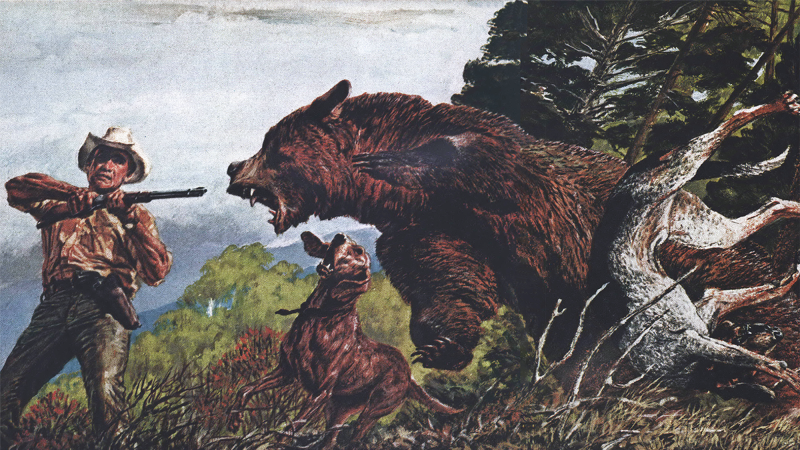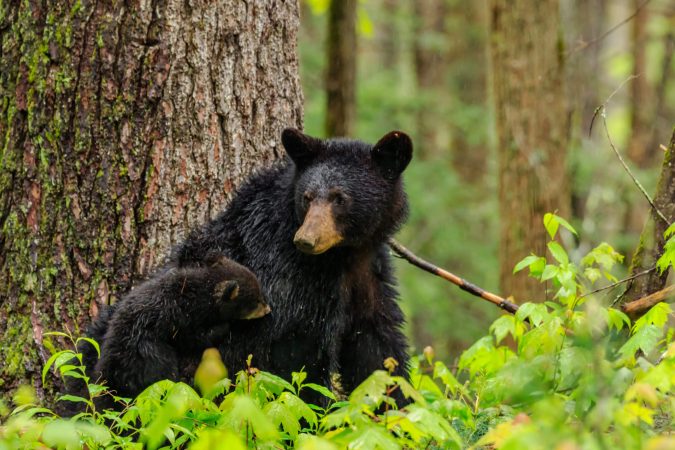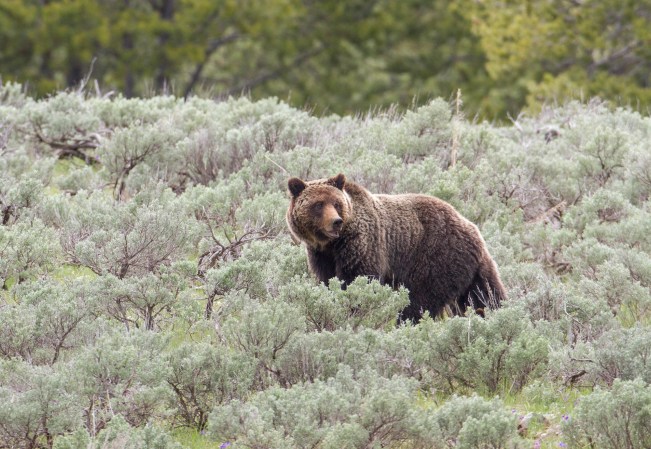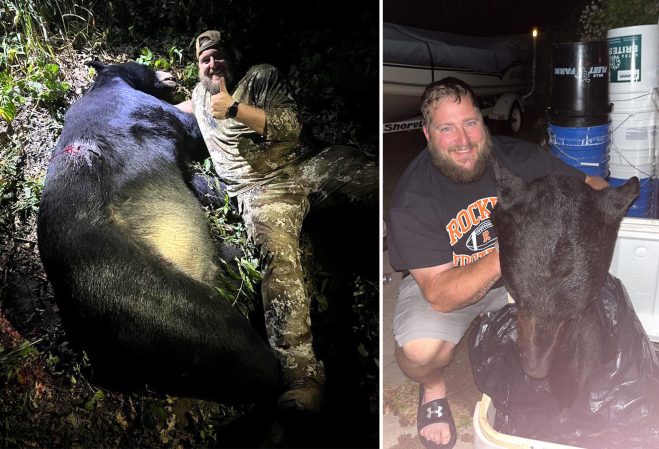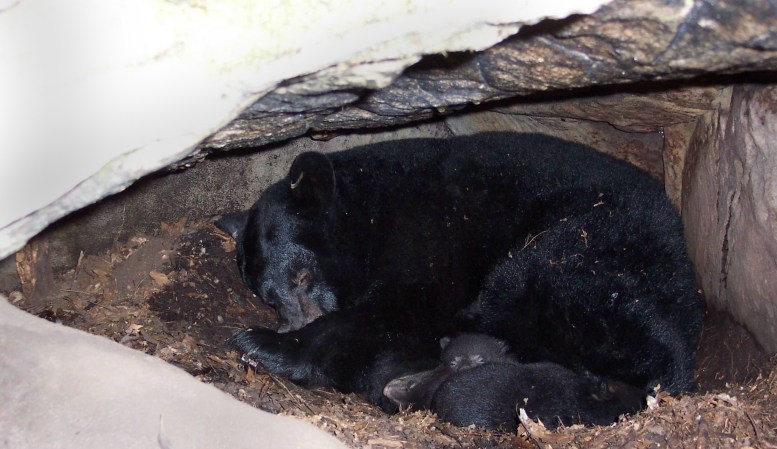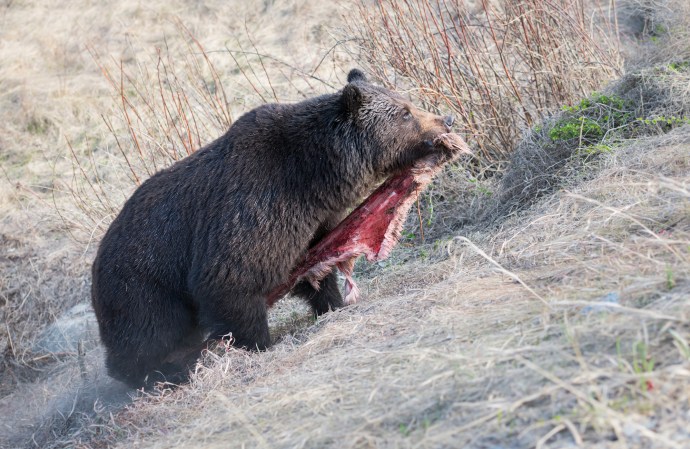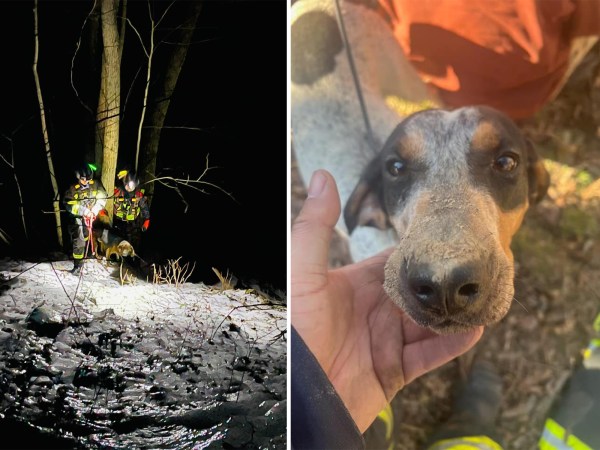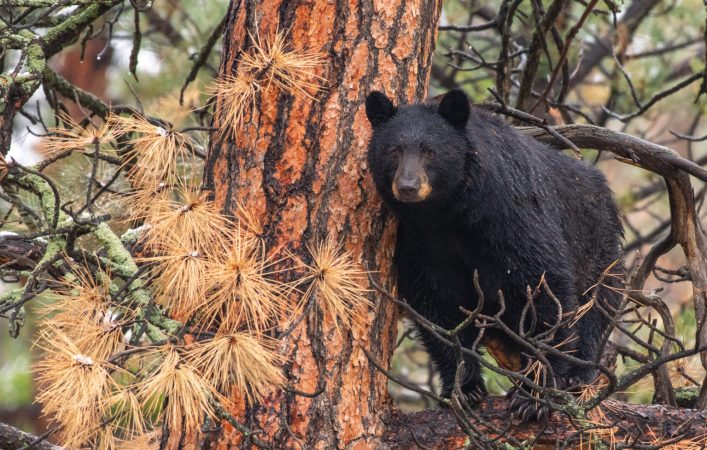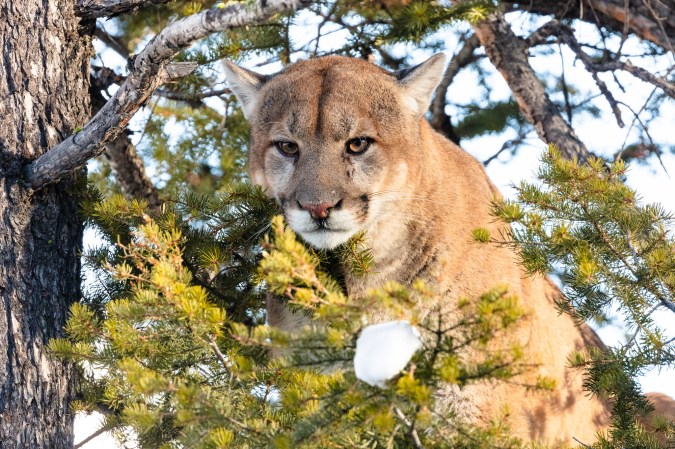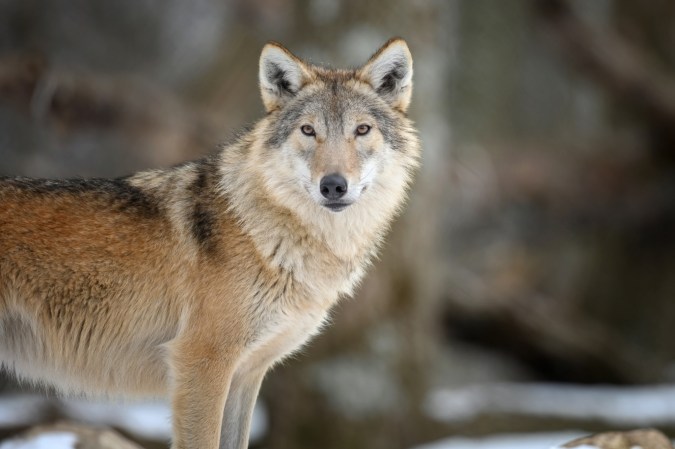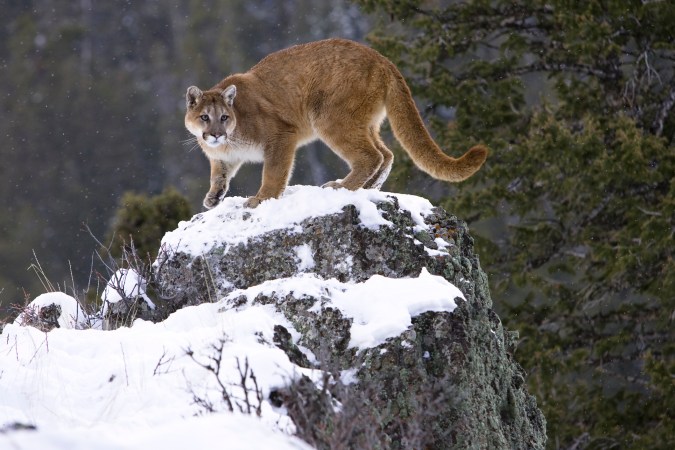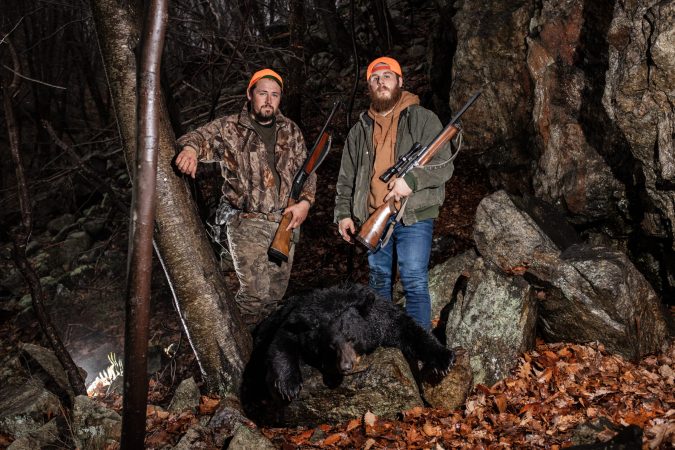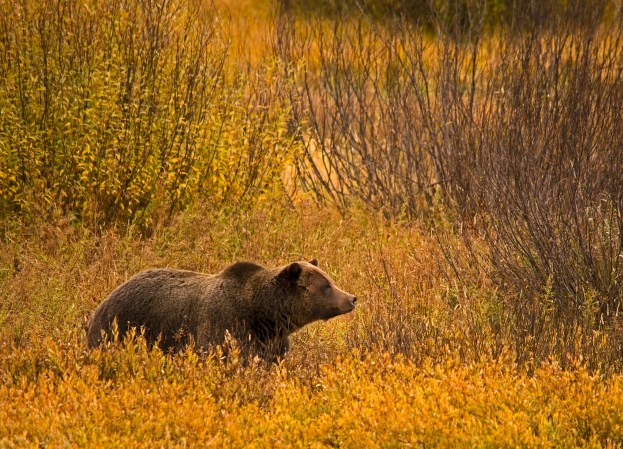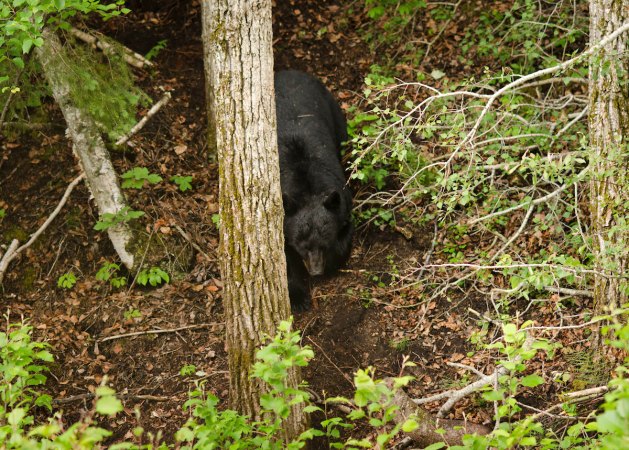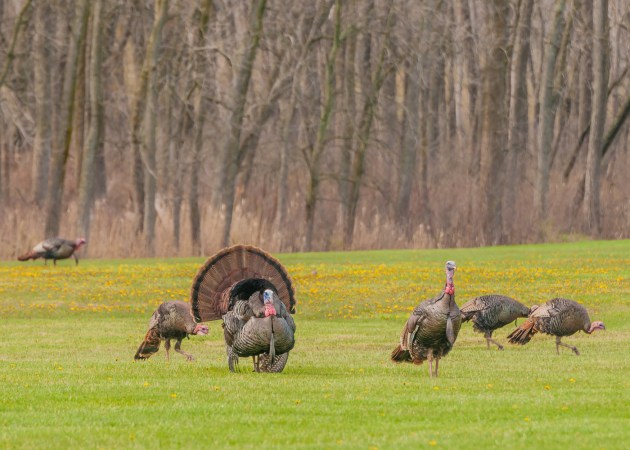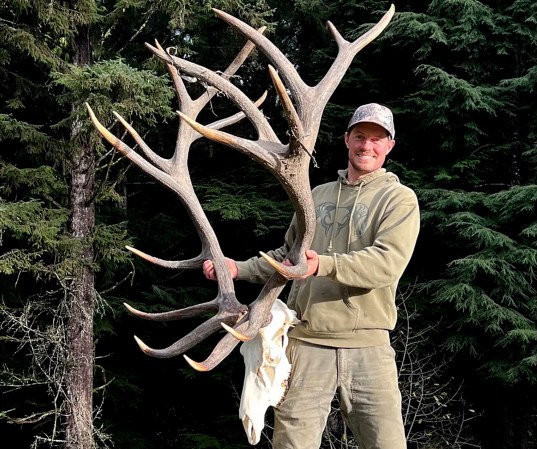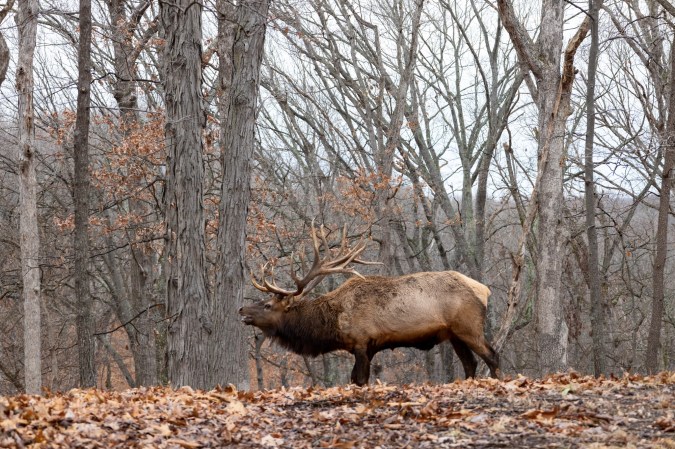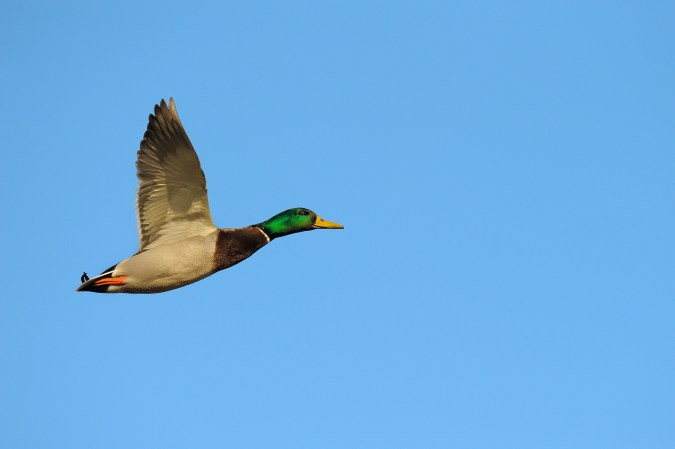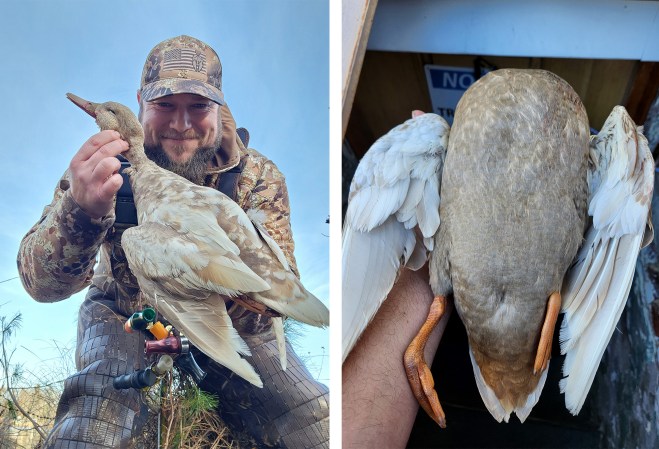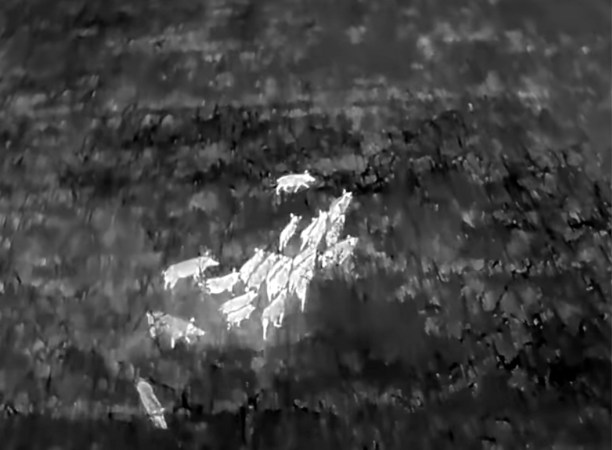This December, a handful of Louisiana hunters will have the opportunity to participate in a black bear hunt in their home state for the first time in decades. The last time Louisiana held a black bear hunt was in 1987.
The upcoming 2024 black bear hunt was formally authorized on Tuesday at a Louisiana Fish and Wildlife Commission meeting, during which the LFWC adopted a Notice of Intent that defines the regulations around the hunt, including dates, areas, bag limits, and legal methods of take. The Notice also establishes a lottery system to allocate the 10 available black bear tags to resident hunters.
Tuesday’s decision was to be expected, since the same group of wildlife commissioners voted unanimously to establish the hunting season in November 2023. Their more recent decision was more than just a formality, since last November’s vote ignited a controversy that could have derailed these prospects. On Dec. 31, a coalition of animal rights groups launched a petition to block the proposed hunt. The petition, which has garnered more than 31,000 signatures since then, asserts that black bears are a state symbol and claims their population isn’t large enough to sustain a regulated hunt.
Read Next: Photos From the New Jersey Bear Season, the Highly Controversial Hunt That Wasn’t
Officials with the Louisiana Department of Wildlife and Fisheries disagree, and they’ve supported the idea of bringing back a black bear hunt. LDWF large carnivore manager John Hanks estimates the statewide population is at least 1,200 bears, and last fall he told commissioners this was sufficient to have a “conservative harvest in limited areas,” according to the Shreveport Times.
Most of these bears live in the northeastern corner of the state — the same region where the 2024 hunt will take place — and state lawmakers there have also pushed for regulated hunting as a way to manage the state’s growing bear population. They point out that the species has bounced back in a big way since 1992, when Lousiana black bears (a distinct subspecies of black bear and the official state mammal) were added to the Endangered Species List. This was four years after the state banned bear hunting altogether.
By 2016, the species was officially deemed recovered by the U.S. Fish and Wildlife Service and federal protections were dissolved. State wildlife biologists have continued to monitor their populations since then, and they say a carefully managed hunting season will have little impact on Louisiana’s black bears.
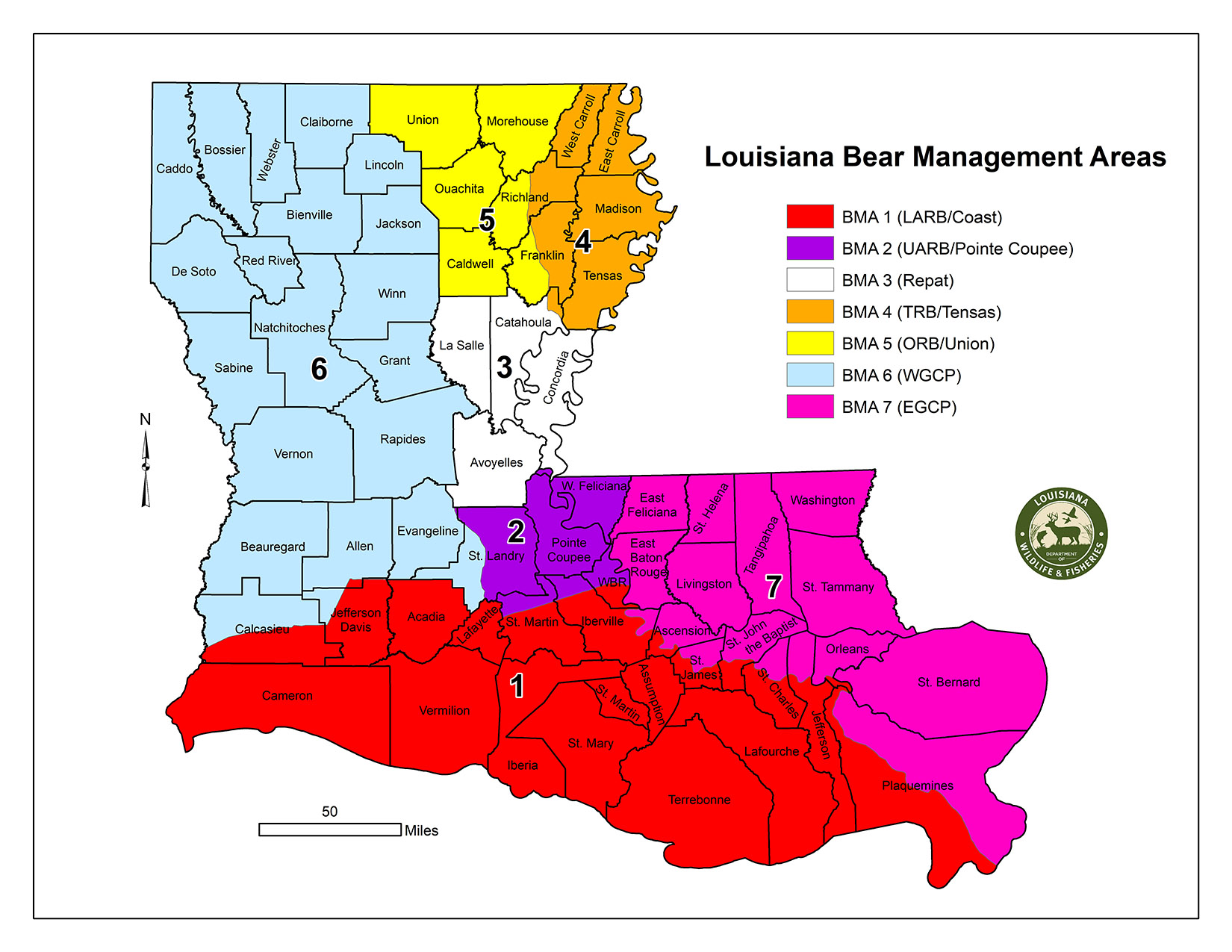
Under the regulations adopted Tuesday, the 2024 black bear hunt will run from Dec. 7 through Dec. 22. All hunting will be confined to the far northeastern corner of the state, where LDWF has established a bear management area comprising four parishes and portions of three additional parishes.
LDWF will allocate 10 black bear tags to licensed resident hunters through a lottery system. Successful applicants will be required to attend a bear hunter training course prior to hunting, and the harvest of cubs (defined as any bear under 75 pounds) and females with cubs is prohibited. The draw will take place in the fall.

